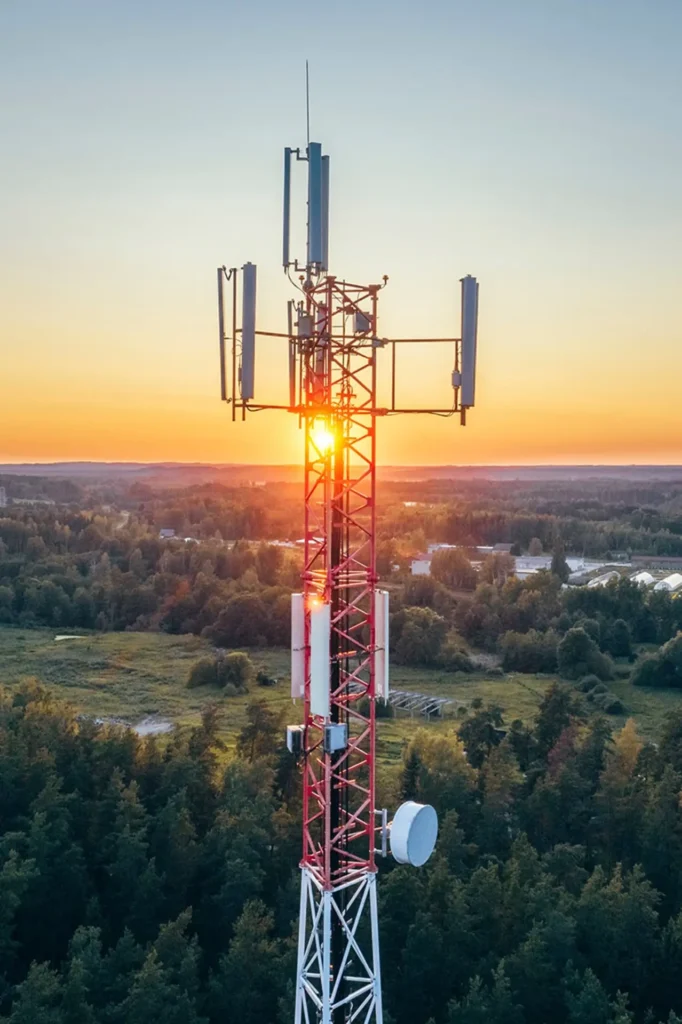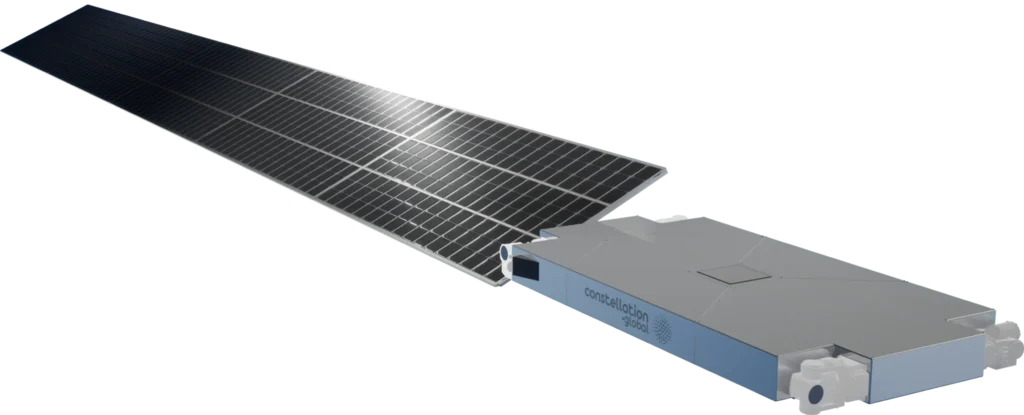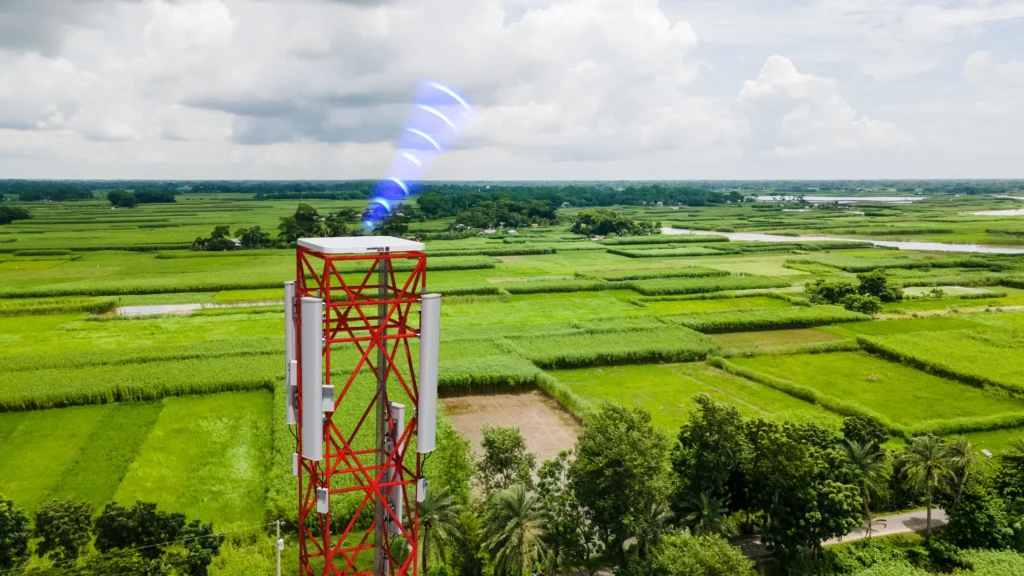Internet from space, the French Constellation is Europe’s answer to Starling
French Constellation: Space will be the next frontier for communications. Rather than the future, we should use the verb in the present tense because what might have been prophecy a few years ago has already become reality. Starlink and other similar companies have developed a service to offer an internet connection via satellites. Elon Musk’s already advanced project has accelerated the idea and the will to implement a similar service in many parts of the world, including Europe.
IRIS², the European project, is a black hole
This is why, in February 2023, the European Parliament gave the go-ahead to agree on the regulation to deploy new satellites in the EU with the aim of protecting government communications. Just as Starlink did, the idea was to create a network of telecommunications satellites in the countries of the Old Continent with a twofold purpose. The first was to ensure the EU’s autonomy in secure government communications, with specific infrastructure for member country bodies and agencies and emergency services. The second was in the private sphere, with useful services to boost the competitiveness of European industry, which lags behind the US and China.
Less than two months ago, the Chinese launched 18 low-orbit satellites to kick-start the Thousand Sails Constellation project, run by state-owned Shanghai Spacecom Satellite Technology, which aims to launch a total of 15,000 satellites to expand the internet services’ global scale. An ambitious plan to establish Beijing as an effective alternative to Starlink and Eutelsat’s OneWeb.
Europe’s goal with IRIS², an acronym for Infrastructure for Resilience, Interconnectivity and Security by Satellite, was to integrate the satellite constellation with 5G networks to realise Europe’s third largest space project, after Copernicus and Galileo. The member states provided the necessary budget to start the work, which budgeted €2.4 billion, while the European Space Agency planned a €600 million contribution. In addition, there was the participation of many European companies from the aerospace and telecommunications sectors, including Airbus Defence and Space, Eutelsat, Hispasat, Deutsche Telekom, Orange, Telespazio, Thales Alenia Space, OHB and SES.
The costs were originally planned at €6 billion, but then the figure rose to €11.4 billion, scaring many companies. This is why I have spoken in the past of a project in the development phase, at least theoretically. Faced with too high a risk both technologically and financially, last July, Airbus and Thales Alenia Space took a step backwards. That is why there is currently a big question mark over IRIS².
Together with telecommunications operators, not against
If the European project is in danger of ending up in a black hole, there are those who are moving to take its place. They are Constellation Technologies & Operations, a French start-up founded in 2022 by engineer Charles Delfieux. Constellation Technologies & Operations aims to launch satellites into very low Earth orbit and work with operators to provide web access via small fixed terminals.
Unlike the other plans, however, the French intend to provide the capacity and terminals, leaving the management of the service and contact with users to the telecommunications companies, which would pay the companies themselves. With a subsequent sharing of subscription revenues between the latter and Constellation.
‘For the first time in the history of space and telecommunications, we are witnessing a convergence between space and terrestrial connectivity in terms of performance and price, which is making these sought-after and cost-effective solutions to provide connectivity as something that is truly achievable,’ Delfieux said. Having worked for a long time at the World Bank as a programme manager for the structuring and financing large infrastructure projects in emerging countries, the start-up’s founder realised how ensuring internet access remains a huge challenge for millions of people. A colossal goal but no longer impossible, so much so that Delfieux has resigned to pursue his dream because ‘harnessing space technologies is the only way to achieve universal and ubiquitous connectivity,’ he told TechCrunch.





I was talking about Constellation’s willingness to work together with terrestrial telecommunications operators, which until now have been regarded as competitors to be outflanked by Musk and other companies active in satellite internet connections. Supporting this vision are satellites capable of operating in a very low earth orbit, around 375 kilometres, just enough to boost performance, along with the use of the 5G spectrum allocated to ground-based telecommunications companies.
French Constellation
The idea is to combine expertise and investment to emerge as a more compelling and cost-effective alternative to new entrants such as SpaceX and Amazon’s Kuiper. Which for all the smaller operators are powerful, influential and unreachable giants but first and foremost, according to Delfieux, adversaries ready to take over the telecommunications companies’ space.
Beyond the theory there is the practice, which for such a project means a lot of money to be obtained to start and continue development. Constellation Technologies & Operations obtained €9.3 million in financing, led by the Expansion fund and the French Tech Speed fund, managed by Bpifrance on behalf of the French government.
The money will be used to conduct the first end-to-end connectivity tests on the ground and in orbit and complete detailed engineering studies for the first two satellites of its Constellation. At present, Delfieux estimates 1,500 satellites are needed to ensure global coverage, 150 Mbps downlink and 50 Mbps uplink performance, and latency of less than 30 milliseconds. The start-up’s plans have convinced more than one traditional European telecom operator, who have come forward to find a partnership agreement.
Constellation’s roadmap calls for launching a payload into orbit by June 2025 and then launching two prototype satellites by the end of the following year. If all goes according to plan, the first satellite launch will take place in 2027, which seems a long time away and is, instead, very close, as the speed of technological evolution has shown us time and again in recent years. In my opinion, as well as hoping for the success of the Constellation experiments, the hope is that the example of the French will be food for thought for other similar projects in Europe because if there is one thing we have learnt from COVID-19 onwards, it is that in the midst of so many useless things, an internet connection is more than useful, it is necessary.



